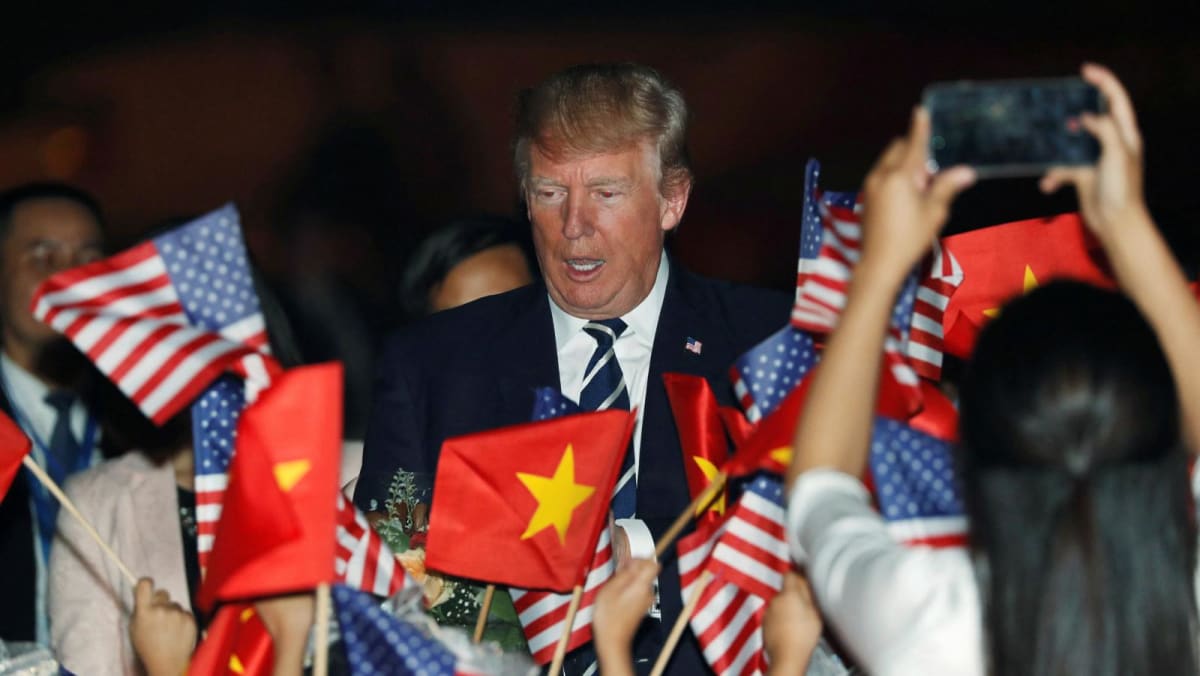Under the leadership of the new Vietnamese Communist Party (VCP) General Secretary To Lam, Vietnam is vigorously advancing a pro-growth agenda anchored on three core pillars. It seeks to position the private sector, including joint ventures with foreign partners like the one between Kinhbac City and the Trump Organization, as the primary engine of economic growth.
There is also a focus on building large-scale infrastructure and major real estate projects to fuel economic expansion. It also intends to slash red tape to significantly reduce business costs and hasten the process of investment approval and execution.
CUTTING RED TAPE
This growth drive is sweeping nationwide. Ministries and provincial authorities have been instructed to rigorously streamline administrative procedures and cut red tape.
The target is at the least a 30 per cent reduction in business regulations, approval times, and compliance costs to catalyse investment. While the expedited approval of the Trump project stands out for its exceptional speed given its apparent “special status”, it nevertheless fits within Vietnam’s new business-friendly reform agenda.
Hanoi is also intent on seeing the golf complex completed by 2027, when it hosts the APEC leaders’ meeting. This could potentially be used as a lever to draw Trump back to the country and elevate the summit’s profile.
Furthermore, the Vietnamese government seeks to leverage this project to bolster its appeal to international investors – particularly in the luxury property sector – and to catalyse local development, employment and tourism.
On the flip side, Hanoi’s bold gambit carries significant political risks – particularly if it fails to deliver tangible gains in the tariff negotiations with Washington by July. Vietnam must also reckon with the inherent duality of the Trump brand.
